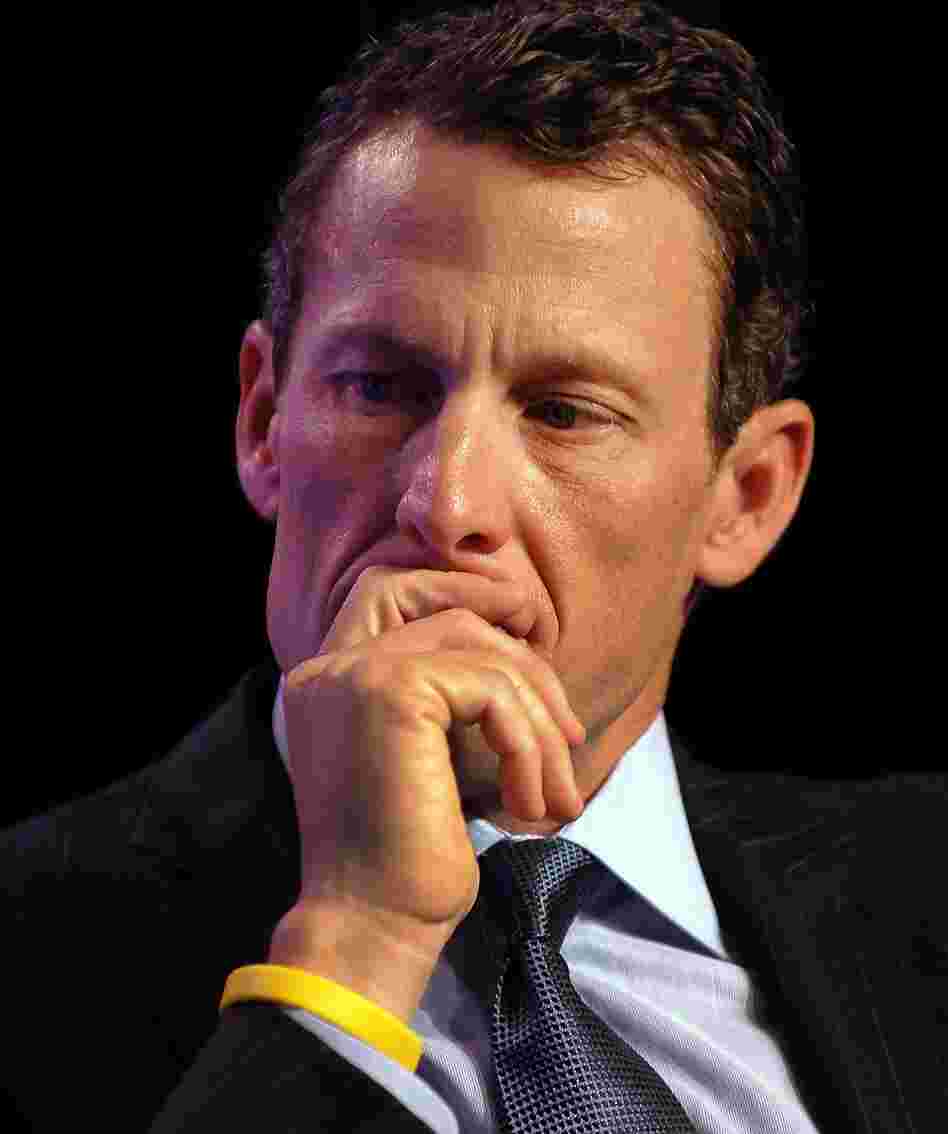Dr. Robert Sapolsky is a neurobiologist at Stanford University (smart guy) and has written many articles and books on animal behavior and how it relates to stress, socialization, and community. One of his primary subjects has been wild baboons in Africa, and he even studied the same group (called a troop) of baboons for 30 years to observe their behavior.
Dr. Sapolsky described why baboons are good animals to study and learn from:
"The reason baboons are such good models is, like us, they don't have real stressors," he said. "If you live in a baboon troop in the Serengeti, you only have to work three hours a day for your calories, and predators don't mess with you much. What that means is you've got nine hours of free time every day to devote to generating psychological stress toward other animals in your troop. So the baboon is a wonderful model for living well enough and long enough to pay the price for all the social-stressor nonsense that they create for each other. They're just like us: They're not getting done in by predators and famines, they're getting done in by each other."
Baboon
troops tend to be dominated by highly aggressive alpha males. These males
acquire power like bullies do - by being physically aggressive and
intimidating. Dr. Sapolsky casually describes them as acting like jerks
in order to get what they want. (Sounds kind of like that guy in your
chapter who loves to talk about hazing so much)
The particular baboon troop that Sapolsky was studying was struck by a tragedy, which created a very interesting turn of events. Here is how it was described in a 2004 article from the New York Times:
The cultural
swing was a move away from stress, fear, and loathing, and a move towards
community, peacefulness, and mutual support. In short, with the jerks
gone, the good guys and gals took over. The toxic environment went away with the belligerent baboons.
The particular baboon troop that Sapolsky was studying was struck by a tragedy, which created a very interesting turn of events. Here is how it was described in a 2004 article from the New York Times:
"...researchers describe the drastic temperamental and tonal shift that occurred in a troop of 62 baboons when its most belligerent members vanished from the scene. The victims were all dominant adult males that had been strong and snarly enough to fight with a neighboring baboon troop over the spoils at a tourist lodge garbage dump, and were exposed there to meat tainted with bovine tuberculosis, which soon killed them. Left behind in the troop, designated the Forest Troop, were the 50 percent of males that had been too subordinate to try dump brawling, as well as all the females and their young. With that change in demographics came a cultural swing..."
 |
| Sapolsky's study is profiled on Stress: Portrait of a Killer |
Dr. Sapolsky found that this new behavior was still the norm and culture 20 years after the tuberculosis incident.
Organizational culture is a powerful force. Not only does it dominate the scene within an organization, but it also affects the behavior of current and future members. The strange irony is that culture - while critically important and complex - can be influenced so greatly by only a few. Have you ever had a horrible boss that made the whole work environment toxic? In the example from nature above, the few dominant alpha male baboons behaved in a way that made the pack tense, stressful, and negative. Their departure changed that almost immediately.
Don't we all desire fraternities and sororities that bring out the best in each member? That are places people come to find refuge from stress and isolation? That are democratic in how decisions are made and directions are chosen? That are positive and uplifting?
If your chapter's culture is the opposite - stressful, tense, and negative - then take some time to look around. It may be a simple matter of who is holding the reigns of influence. Too many of our chapters are held hostage by dominant personalities that are self-serving, mean-spirited, and aggressive.
Maybe it's time for them to leave (in a much more pleasant way than the dumpster-diving baboons).
It isn't always the leaders either. It can be the advisors that create this stressful environment, or perhaps older members who use their age to gain stature. Why should we tolerate anyone who drains life out of our organizations?
There may be other ways to change your organizational culture, but the simplest and most effective way is to dismiss those that would do it harm. There may be no greater tool for culture shift than the exit sign.
You might think that it's too difficult...that it's easier said than done. It requires standing up to power. The baboons in the study never did this at first - they just stumbled into their new culture by accident.
It's a good thing we're not baboons. We're humans who can summon up the courage to control the destinies of the organizations we care about. But will we?
